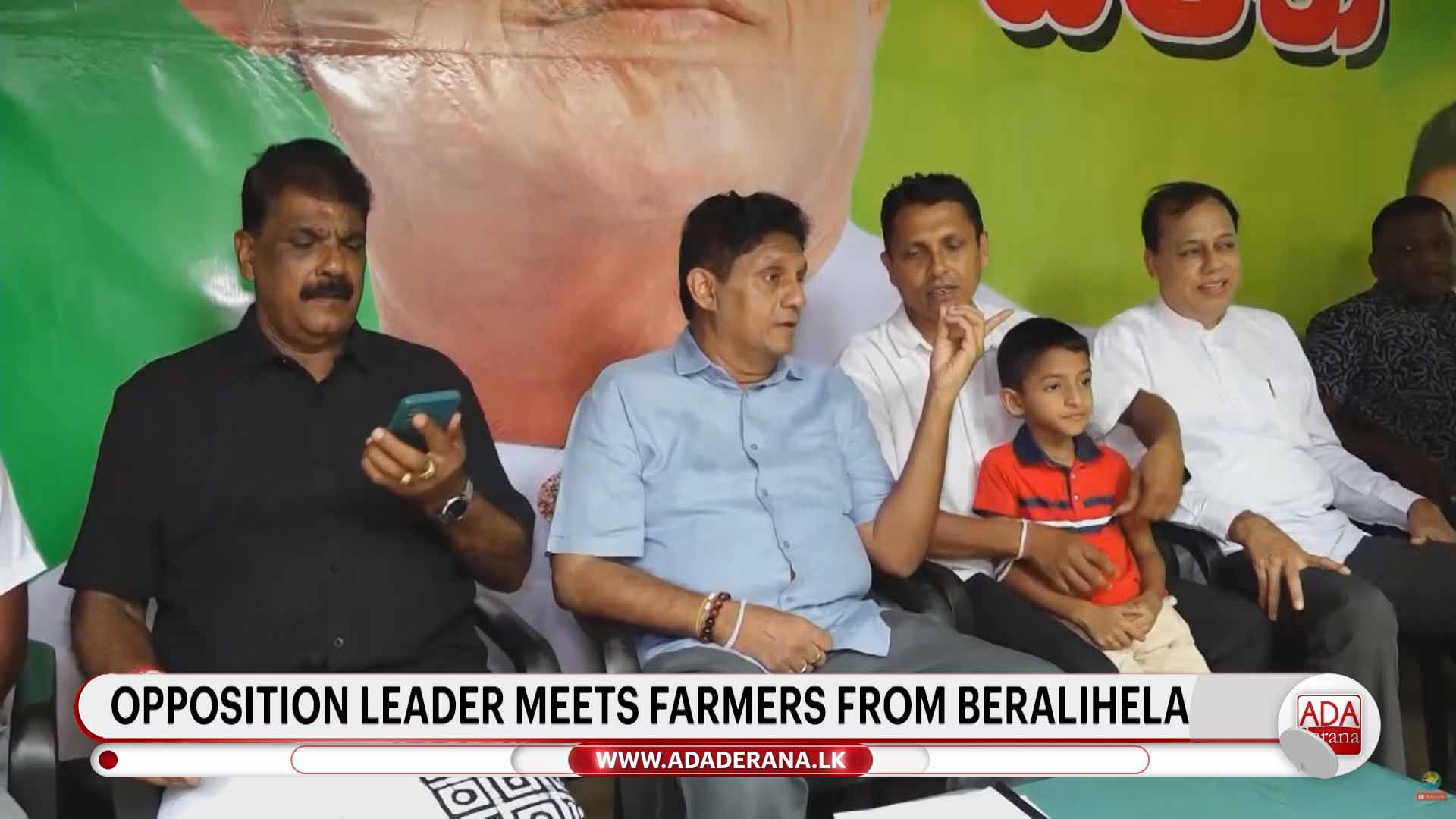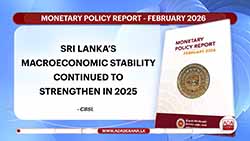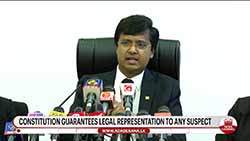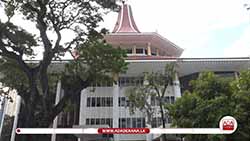India unsafe if Sri Lanka is not kept secure Seneviratne
June 5, 2015 11:43 pm
Sri Lanka has recalled its envoy to India Sudharshan Seneviratne, within a year of his appointment and just when bilateral ties were looking up between the two neighbours.
Acknowledging that he has been asked to return, Seneviratne, a highly respected academic who has many friends in India, believes that both countries need to understand each other and take care of each other.
Seneviratne, who has studied in Hindu College in Delhi University and done his doctorate at Jawaharlal University, said he has been working on a “multi-track” diplomatic engagement that would be a “win-win” situation for both, helping to bring the two neighbors closer.
“There is a lot of good faith that has to come out. There is a natural inhibition about India’s largeness, it has larger capital, and to work on that one has to look at a win-win situation; we have to think in terms of working together,” Seneviratne told IANS in an interview.
“Both countries have to take care of each other. Sri Lanka needs India and India needs Sri Lanka, especially because of its strategic location, as this is their opening to their backyard. If Sri Lanka is not kept secure India is not safe. And this message should be understood even in Tamil Nadu,” he said.
“It should be a win-win situation, not imposing and patronising. We need to understand the problems of each other on an equal basis. On that basis I feel we are doing good if we work out our bilateral issues, work out our new partnerships in areas we can share, like heritage, health and tourism.”
Seneviratne, who was head of the Department of Archaeology for nearly 10 years at the University of Peradeniya and holds the only Chair in Archaeology within the University system of Sri Lanka, says for India and Sri Lanka to come together both have to understand their historical realities “which is something we are forgetting”.
“Sri Lanka has to understand how to image India; India is not a single entity, India is a multiple personality. We have to understand the historical roots of the country, not as a monolithic state. We have to strategise our own working norms and rhythm to India’s personality,” he said.
He says India and Sri Lanka have “taken each other for granted”.
India too needs to understand Sri Lanka. “It is an island, but with a very cosmopolitan society. Its people have different cultures, religions, technology and its own personality. This, I don’t think has been understood. This is the point I am trying to drive through - that both need to understand each other,” he said.
As part of his vision of multi-track diplomacy, which includes heritage, tourism, leisure, religious synergy health and business, Seneviratne says he has identified different points in India to build connections with Sri Lanka.
He feels that northeast India, especially Assam, offers a lot in terms of investment in areas like plantations. “We would like Sri Lankans to come and invest. My theory is we have to think big.”
“If we work out the CEPA (India-Sri Lanka Comprehensive Economic Partnership Agreement) properly, it should be successful. Mr (Narendra) Modi gave a very strong message saying that I’ll put my house in order and get the CEPA to work. We were very happy with the statement,” he said.
He feels the cultural links cannot be confined to Buddhism alone. “We have to include Hinduism, how many South Indians migrated to Sri Lanka, the Islamic people who came to Sri Lanka from India, the Christian groups who came from Kerala; Guru Nanak came to Sri Lanka.”
“When you put this background on the table, then you get a picture of which part of India can be worked with,” he said.
The Kerala government has evinced interest in connecting with Sri Lanka in the field of business, heritage, arts and tourism, said Seneviratne, adding that things are set to move forward soon. Himachal Pradesh and Punjab have also shown interest, but with his sudden recall he is not sure if the programmes will move forward now.
Seneviratne, who has worked extensively at Sri Lankan and Indian archaeological sites and contributed towards cross regional studies, had been actively working toward holding three road shows in India as part of forging closer bilateral ties.
Modi visited Sri Lanka in March, in the first visit by an Indian prime minister to the island neighbor in 28 years.












